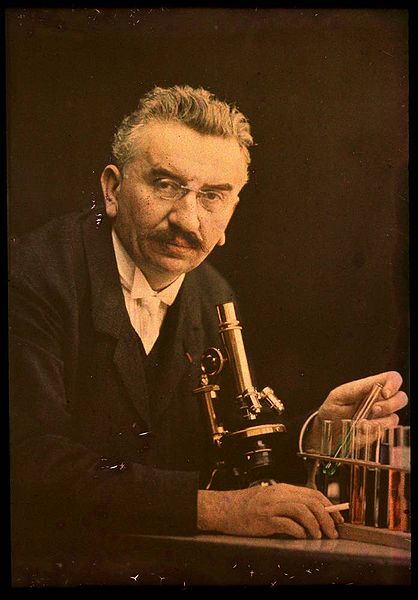Some questions of the future may be answered already because the difference between now and then is often one of degree, not kind.
We’re told we’ll have radical abundance tomorrow, but we already pretty much have it and distribute it poorly. Will things really be different when we have even more?
Similarly, some wonder if biotech and genetic modification will be too outré for us to accept beyond mere medical treatment. Will human enhancement be more than we can bear? Not likely. Cosmetic surgery is currently the dress rehearsal.
The only thing holding back a surge in selective “perfection” procedures isn’t legislation but rather the inscrutable nature of genes. When (and if) we gain enough understanding for the process to be worked out, a gold rush will be on, and complications will ensue.
Two excerpts follow.
From Li Yuan’s sad WSJ article about China’s online stars:
Deng Qian has had more than a dozen cosmetic surgeries, to slim her arms, enlarge her breasts and change almost every part of her face.
“Everything above my belly button is fake,” she says.
Above the neck, Ms. Deng’s aim was an “online-star face”—big eyes, long nose, high forehead and sharp chin, a look pursued by young women seeking online celebrity and the big income that can follow.
“Chinese society values a pretty face above anything else,” says the 24-year-old former business major. “If you’re not pretty, nobody will care about you, and nobody will follow you online.”
On live-streaming sites and on Weibo, China’s Twitter , Ms. Deng sings, discusses her life and gives makeup demos. In the ranks of Chinese online celebrities, she’s lower-tier—her Weibo followers number roughly 23,600—and desperate to climb higher. She went on China’s top dating show and top job-seeking show and starred in a documentary about plastic surgery.
In her world, plastic surgery is a necessity, an online-star face an investment in a better future.•
From Philip Ball’s Guardian piece on “designer babies”:
[Bioethicist Henry] Greely suspects, even if it is used at first only to avoid serious genetic diseases, we need to start thinking hard about the options we might be faced with. “Choices will be made,” he says, “and if informed people do not participate in making those choices, ignorant people will make them.”
Green thinks that technological advances could make “design” increasingly versatile. In the next 40-50 years, he says, “we’ll start seeing the use of gene editing and reproductive technologies for enhancement: blond hair and blue eyes, improved athletic abilities, enhanced reading skills or numeracy, and so on.”
He’s less optimistic about the consequences, saying that we will then see social tensions “as the well-to-do exploit technologies that make them even better off”, increasing the relatively worsened health status of the world’s poor. As Greely points out, a perfectly feasible 10-20% improvement in health via PGD, added to the comparable advantage that wealth already brings, could lead to a widening of the health gap between rich and poor, both within a society and between nations.•



